Pliers are versatile hand tools used in various applications, from home repairs to professional trades. Understanding the different types and functionalities of pliers is essential for effective use. Here are some key questions to enhance your knowledge about pliers:
Pliers come in various types, each designed for specific tasks. Common types include needle-nose pliers, slip-joint pliers, cutting pliers, and tongue-and-groove pliers. Knowing the basic types helps you choose the right tool for the job.
Needle-nose pliers, with their long and slender jaws, are ideal for tasks that require precision and access to tight spaces. Understanding their unique design and functionality helps you use them effectively in intricate tasks.
Slip-joint pliers are versatile and can be adjusted to different jaw sizes. They are suitable for gripping, bending, and turning various objects. Knowing when to use slip-joint pliers ensures you apply the right tool for tasks that require an adjustable grip.
Industrial Japanese Type Linesman Plier
Diagonal cutting pliers, also known as wire cutters, are designed to cut through wires and small-gauge materials. Understanding their cutting capabilities and limitations ensures safe and effective usage.
Tongue-and-groove pliers, with their adjustable jaws, are suitable for gripping objects of various sizes. Understanding how to adjust and use these pliers ensures a secure grip and prevents slipping during tasks.
Insulated pliers feature handles designed to provide electrical insulation. They are crucial when working with electrical components to prevent the risk of electric shock. Knowing when to use insulated pliers is essential for safety in electrical work.
Locking pliers, or Vise-Grips, have a locking mechanism that allows them to grip objects tightly without manual pressure. Understanding how to engage and release the locking mechanism ensures efficient use and a secure grip.
Proper maintenance enhances the lifespan and performance of pliers. Regularly clean them, lubricate the joints, and store them in a dry environment to prevent rust. Knowing these maintenance tips helps keep your pliers in optimal condition.
Safety is paramount when using pliers. Always wear appropriate personal protective equipment, use the right type of pliers for the task, and ensure a secure grip to prevent slipping. Knowing and following safety guidelines is crucial for injury prevention.
Finding reputable suppliers and brands ensures you invest in high-quality pliers. Research online reviews, check for certifications, and explore professional tool stores to discover reliable sources for your plier needs.
Understanding the various aspects of pliers, from types and functionalities to safety and maintenance, empowers you to use these versatile tools effectively. Whether you're a DIY enthusiast or a professional tradesperson, knowing the ins and outs of pliers enhances your skills and efficiency.
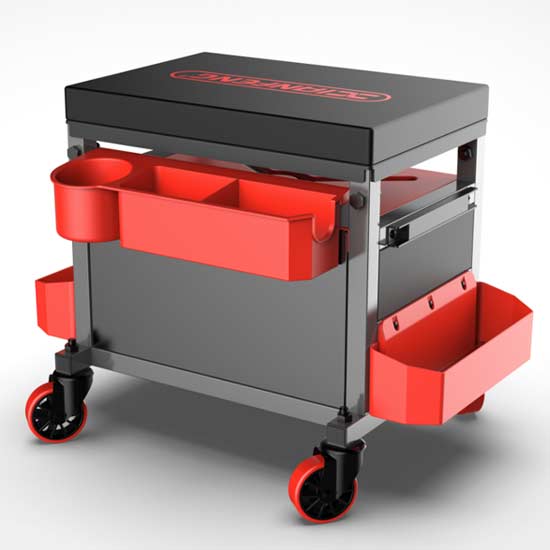 Tool seat
Tool seat
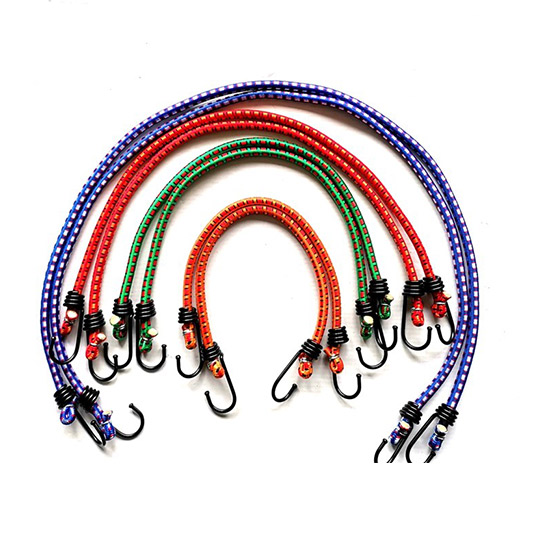 Stretch Cord
Stretch Cord
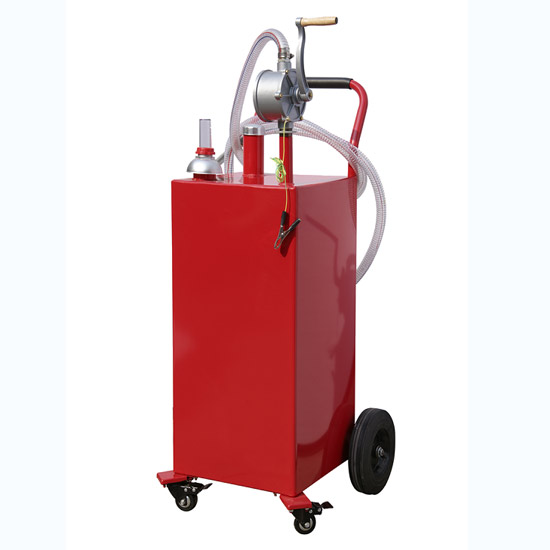 Oil Pump
Oil Pump
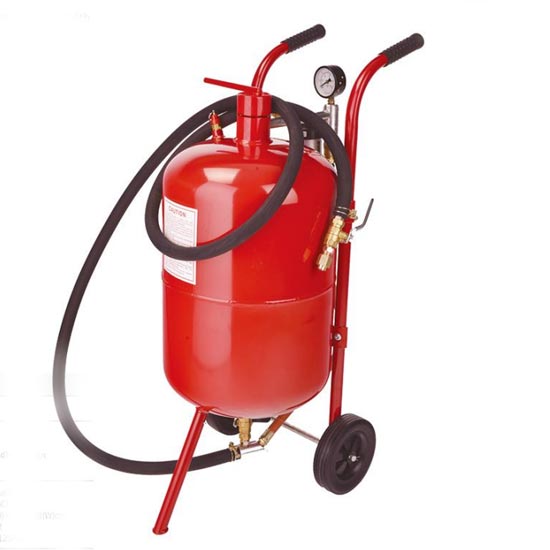 Sandblast Pot
Sandblast Pot
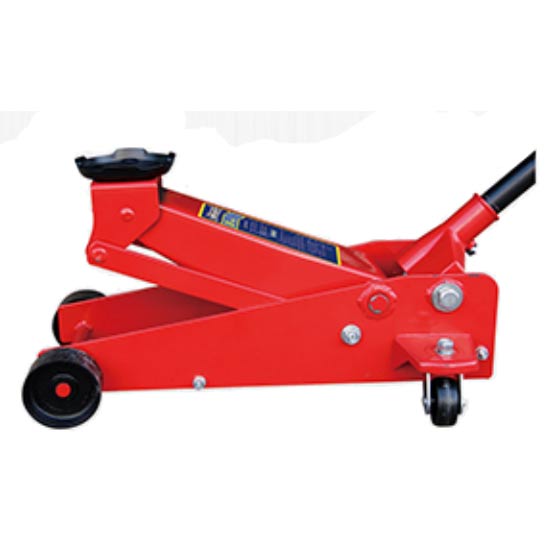 2.25 Ton Hydraulic Floor Jack
2.25 Ton Hydraulic Floor Jack
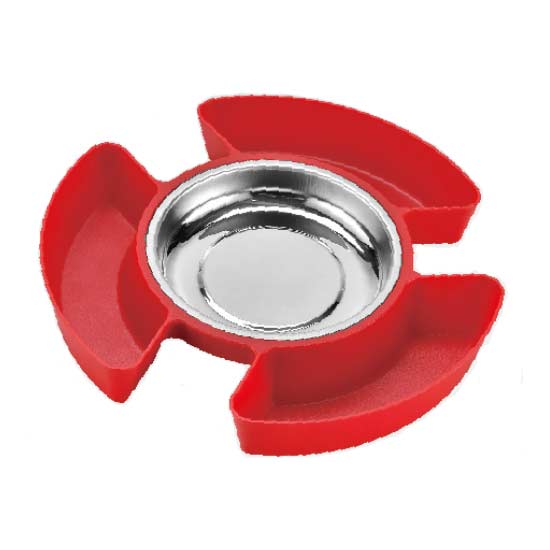 Magnetic Tray With Tool Plate
Magnetic Tray With Tool Plate
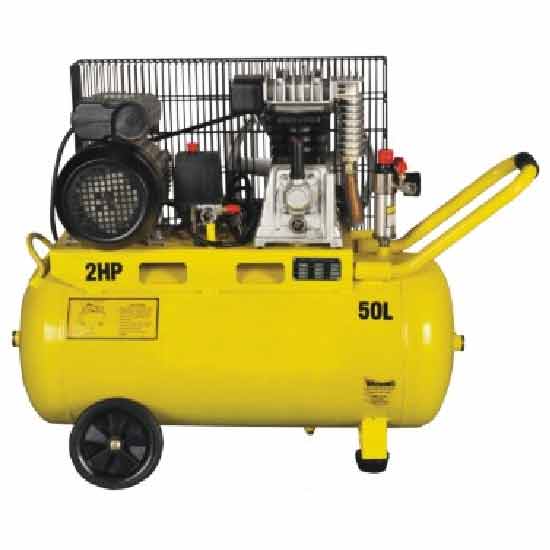 Single-stage Air-cool Movable Air Compressor
Single-stage Air-cool Movable Air Compressor
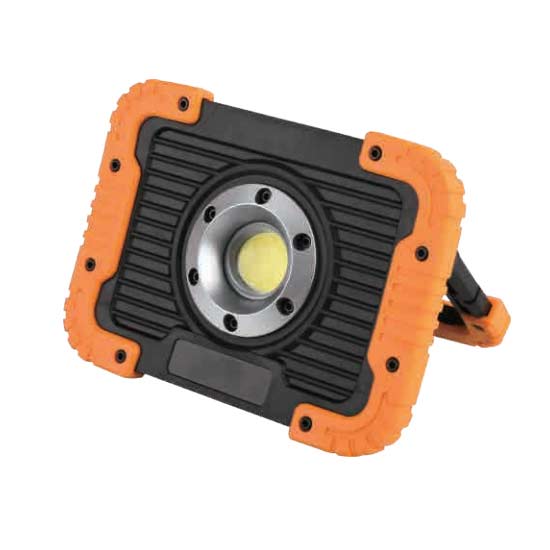 10W Rechargeable Led Flood Light
10W Rechargeable Led Flood Light
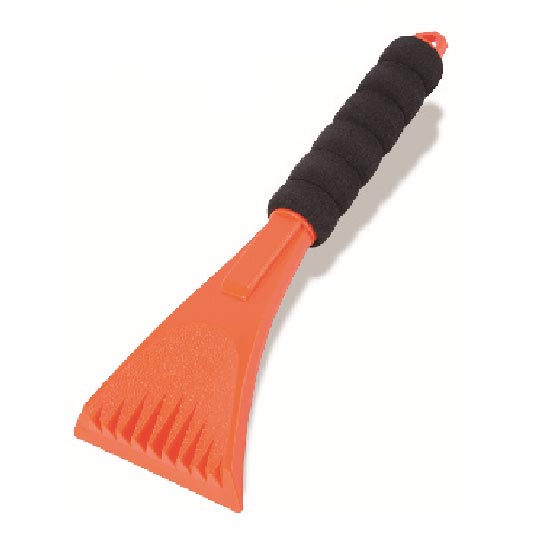 Ice Scraper
Ice Scraper
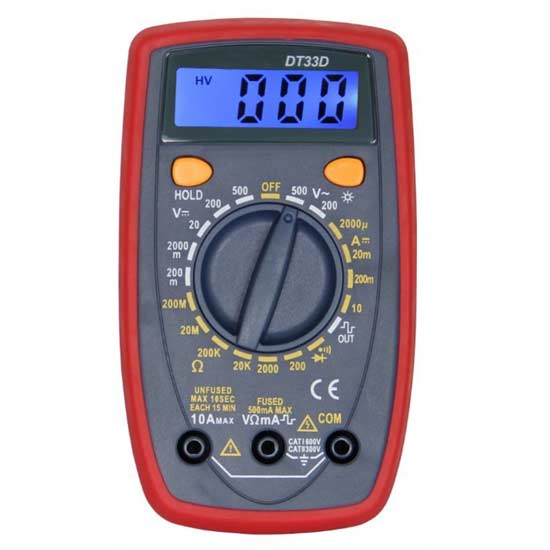 Small Multimeter with Backlight
Small Multimeter with Backlight
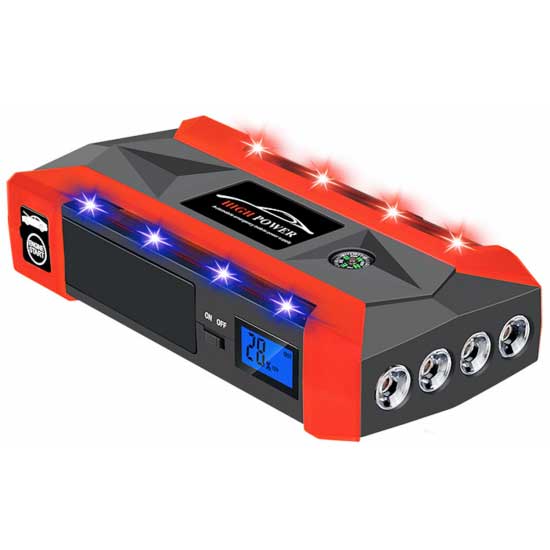 Jump Starter With 4 Led Lights
Jump Starter With 4 Led Lights
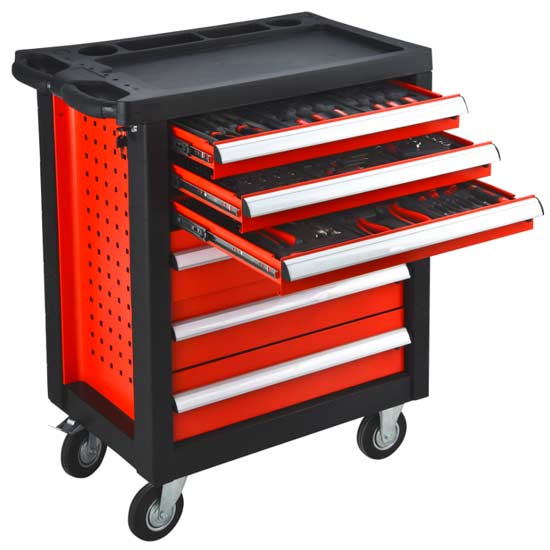 Steel Tool Cabinet
Steel Tool Cabinet
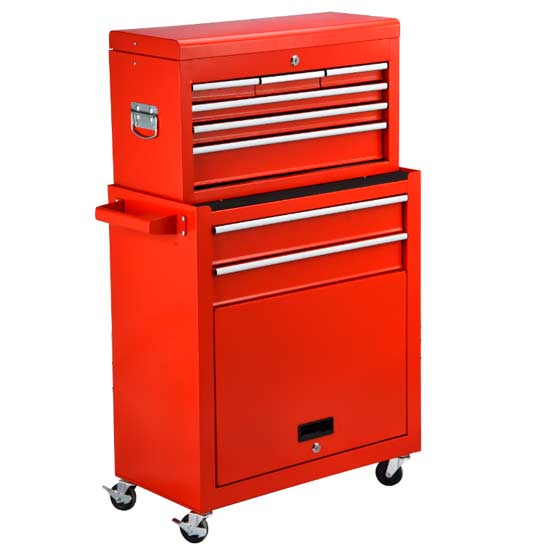 Large Tool Cabinet
Large Tool Cabinet
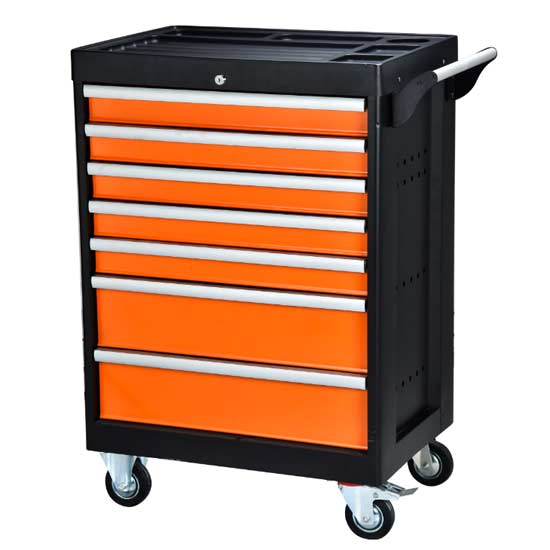 Tool Storage Cabinet
Tool Storage Cabinet
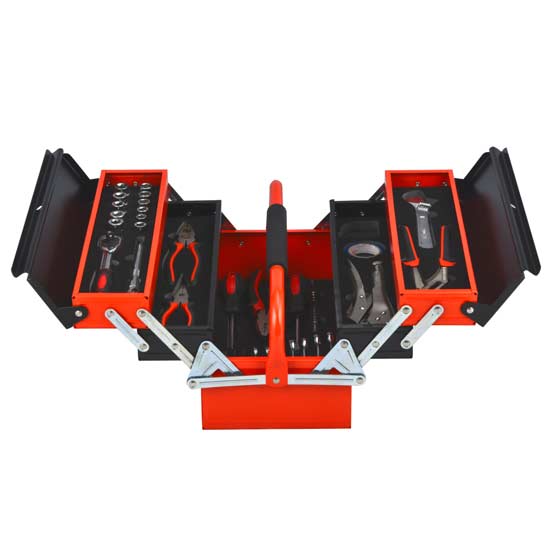 Metal Tool Box
Metal Tool Box
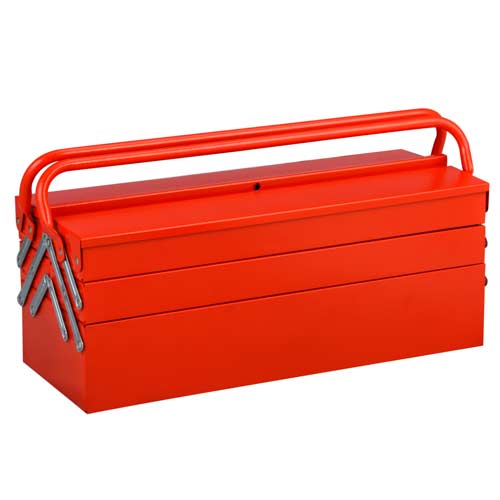 Large Metal Tool Storage Box
Large Metal Tool Storage Box
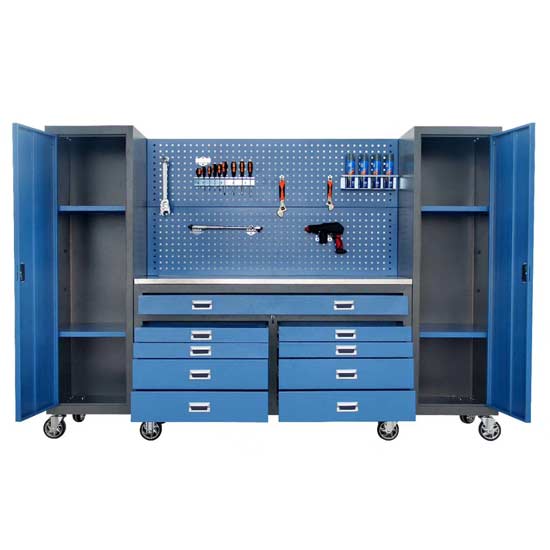 Blue Metal Tool Cabinet
Blue Metal Tool Cabinet
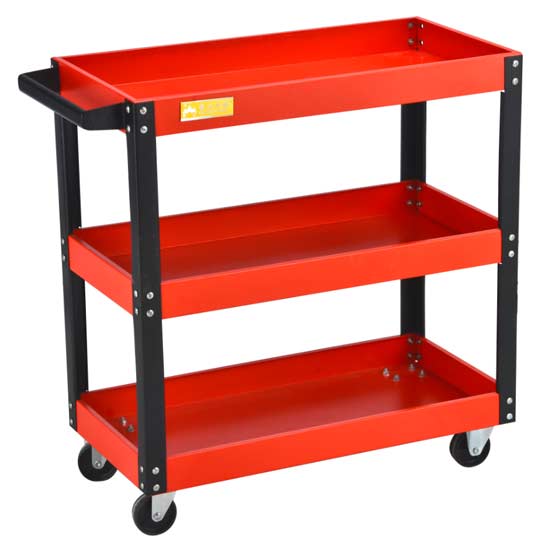 Red Steel Tool Trolley
Red Steel Tool Trolley
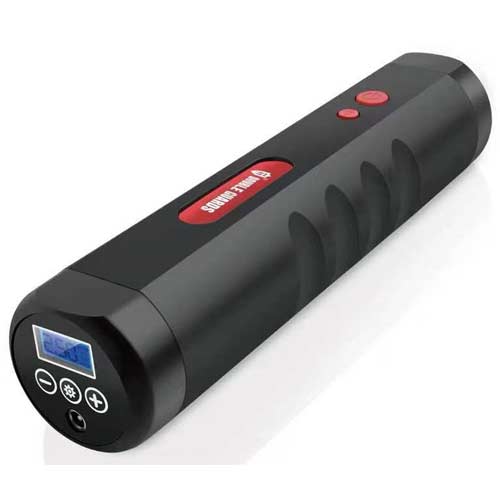 Portable Tire Inflator
Portable Tire Inflator
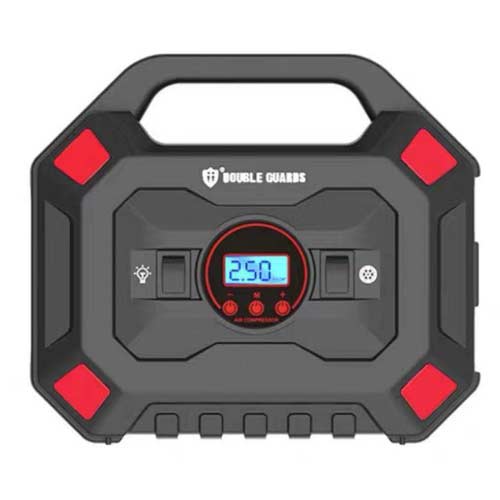 Custom Tire Inflator
Custom Tire Inflator
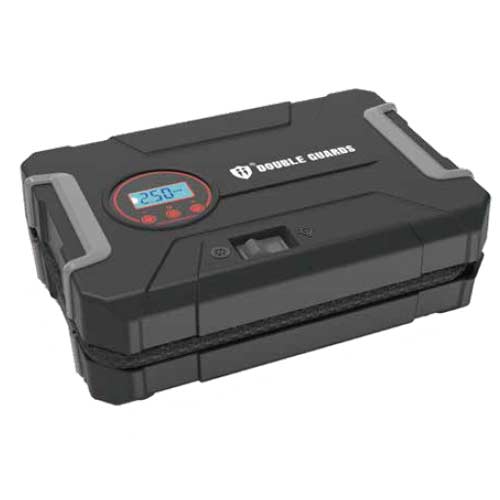 Tire Pressure Pump
Tire Pressure Pump
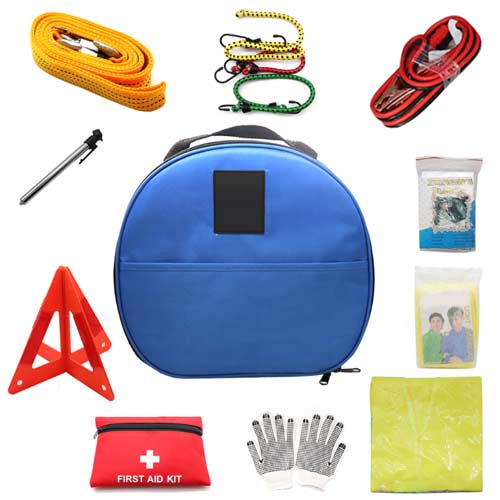 Auto Emergency kit
Auto Emergency kit